My latest book (Aftershock) isn’t exactly autobiographical, but once I put that last period on it I realized something kind of weird and profound: It’s metaphorically autobiographical. The whole series is.
And I never quite realized it.
The whole Quake Runner: Alex Kayne series really started as a contest entry. I took James Paterson’s Masterclass, and in it he invited people to submit outlines for a book, for the opportunity to be chosen to co-author something with him. Such a thing can turn out to be a launchpad for a success rocket, so I was keen to give it a go.
At that time, Kara and I were living full time in a 38-foot RV. We were traveling, whenever we could, and living on the road. I was writing books and producing podcasts, and starting to do some work for Draft2Digital. And so, when I wrote my outline, I was in a headspace that leaned toward “travel.” And, because I’d only sort of recently stopped working for a string of companies that just could not have cared any less about me, I was still sort of thinking in terms of “escape.”
Throw into that mix an unhealthy dose of artist angst, and there was this part of me that felt guilty about not doing things the way everyone else does. Instead of working my desk job, like I was supposed to, I was instead telling fanciful lies about a made-up reality. That’ll guilt ya.
Looking back now, I can see this stuff was at the heart of what was most on my mind. I’ve always had a fascination with “escape,” with withdrawing, going off grid, disappearing. I’ve studied it. I’ve read books, articles, and blog posts, I’ve watched documentaries and Netflix series and YouTube videos, I’ve listened to podcasts and interviews. I’m fascintaed by it all. But I’m only just starting to realize I was also acting it all out, to a degree.
Kara and I spent two years living in that RV, traveling as far and wide as we could. And then, for about four years after that, I traveled the world by air, attending author conferences and other events, sometimes spending a month or two away from home. It could be grueling at times, honestly. But it was an adventure.
And then Kara and I got back on the road, this time in a camper, and then eventually in a van. And for two more years, we traveled the US, exploring some of the nooks and crannies we couldn’t have gotten to the first time, in our giant RV.
All of that is important and relevant, but let me get back on the path for minute.
When I pitched that story to James Patterson, the idea was that a female protagonist would be a fugtive, and that she was being hunted so that someone (the government, mostly) could get their hands on the next-level AI software she’d invented. That should sound familiar, if you’ve been reading Quake Runner. But that character wasn’t named Alex Kayne—she was named Jane. Because I wanted the title of that book to be “Run, Jane, Run.”
That seemed like a very Patterson title to me.
Ok, briefly, back to the travel.
After the RV but before the van, there was that period of traveling by air. And at that time, I often found myself hanging out in resorts and hotels, attending and speaking at conferences, and often with a lot of down time. I use downtime for writing, so that meant I was writing from a lot of inspiring places.
I was at a Disney resort hotel, having finished breakfast on a day when I had nothing else scheduled, when I finished one of my Kotler books but wanted to start something new. And so I wrote a scene in which a protagonist named Alex Kayne was meeting with a potential client.
That should sound familiar. But wait…
Alex Kayne, at that point, was a male protagonist. The series was called “The Consultant” (a title I’m repurposing for something I’m co-authoring with Nick Thacker). And there was no AI. Alex was a fugitive, but he was more of a Jason Bourne type.
The thing is, this was cool and all. But for some reason it wasn’t quite working for me. It felt played, for one thing. It felt like it had been done before, and by me, no less.
I liked the idea of a fugitive. I liked the idea of that fugitive being framed, and wanting to help others. But this wasn’t working.
And that’s when I remembered my pitch to Patterson.
That hadn’t gotten as much traction as I’d hoped it would. Someone else got that coveted co-author spot. But my outline got some kudos from people online, and I had tucked it away as something I could circle back to.
The premise was somewhat similar to “The Consultant.” So… why not cross the streams?
I switched Alex’s gender, did some rewrites to the scene, and then started leaning in on the stuff from my Run, Jane, Run outline that felt exciting to me. And before I knew it, Quake Runner: Alex Kayne was born.
Now, four books into that series, I consider it some of my best work. I love the characters. I love the plots. I think it’s amazing.
But it never occurred to me that it was semi-autobiographical.
Just to be clear, I’m not a literal fugitive. But I’ve felt like a fugitive at times—running from the “crime” of not having a “normal job.”
I’m an escape artist, like Alex, in that I use clever tricks to keep myself on the road and making a living.
And because I travel so much, I have some unique insight into what a fugitive lifestyle might feel like.
It all makes sense, eventually. Ultimately. Once I started thinking about it, I realized where the parallels were.
And this recent book was the clincher.
I won’t give anything away, but there are definite echoes of recent events in my life, woven into Kayne’s story. As Kara and I shift from life on the road to life in our new house, there are echoes of that in the events of Aftershock. There’s loss, and there’s gain. There’s old dreams and new plans. There’s challenges and there’s resolutions.
And it wasn’t until that final scene, that final page, that I really clicked to how much of the story was being fed by my own life and experiences.
You’'ll just have to read it to see what I mean. But you won’t mind, I think.
At any rate, the observation I wanted to make for this post was simply this: As writers (artists, storytellers, filmmakers, content creators), our lives are the fertile soil for what we create. The more experiences we have, the more robust the crops we produce. I see my writing and content creation as a service to the world, and so I have an obligation to go live as rich and full a life as possible, so that it translates to the page.
That’s my job. Even when I don’t fully remember it.
So, in that way, I guess, all of my work is “semi-autobiographical.”
It isn’t about me. But it does represent me.
And your work probably does the same for you.




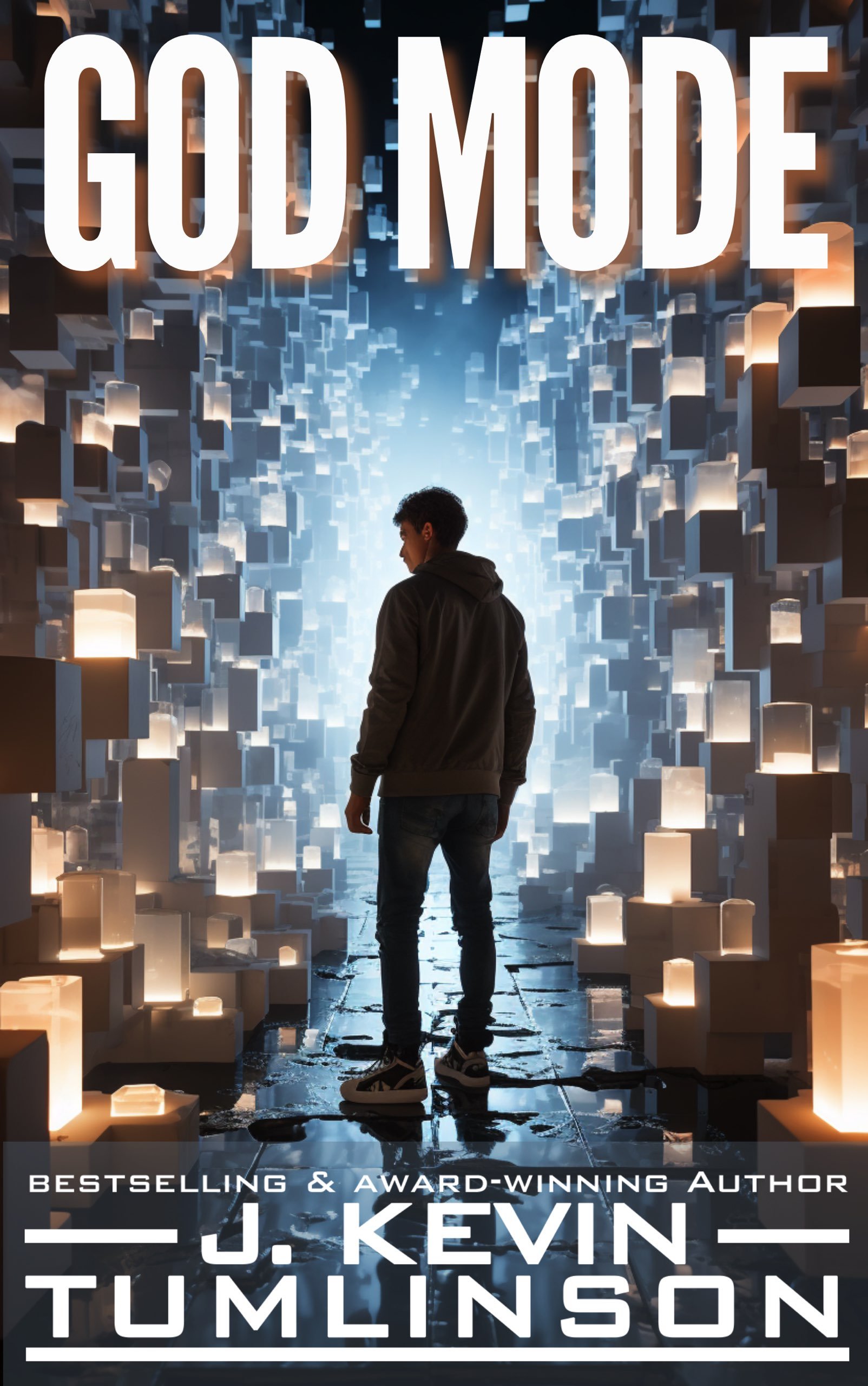
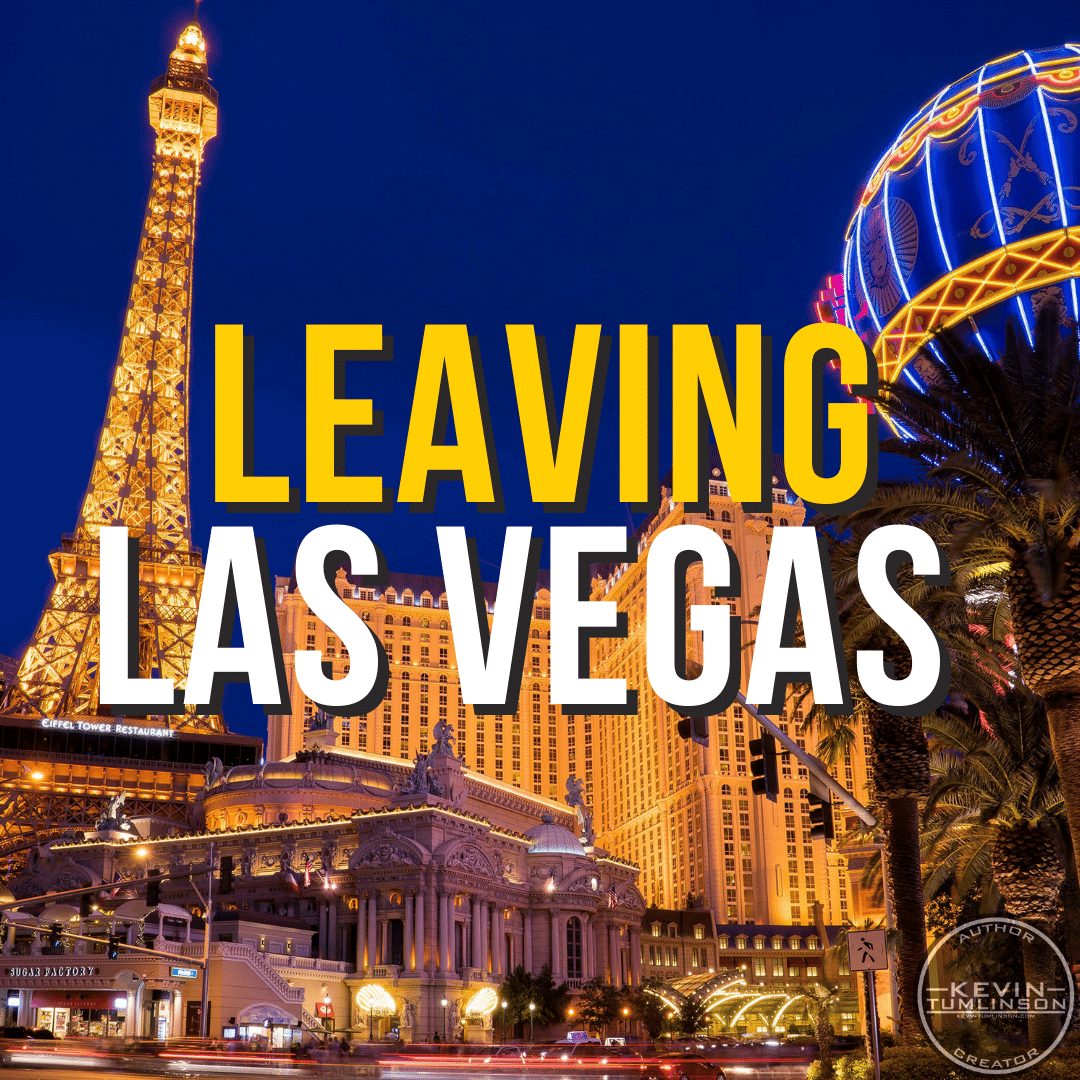






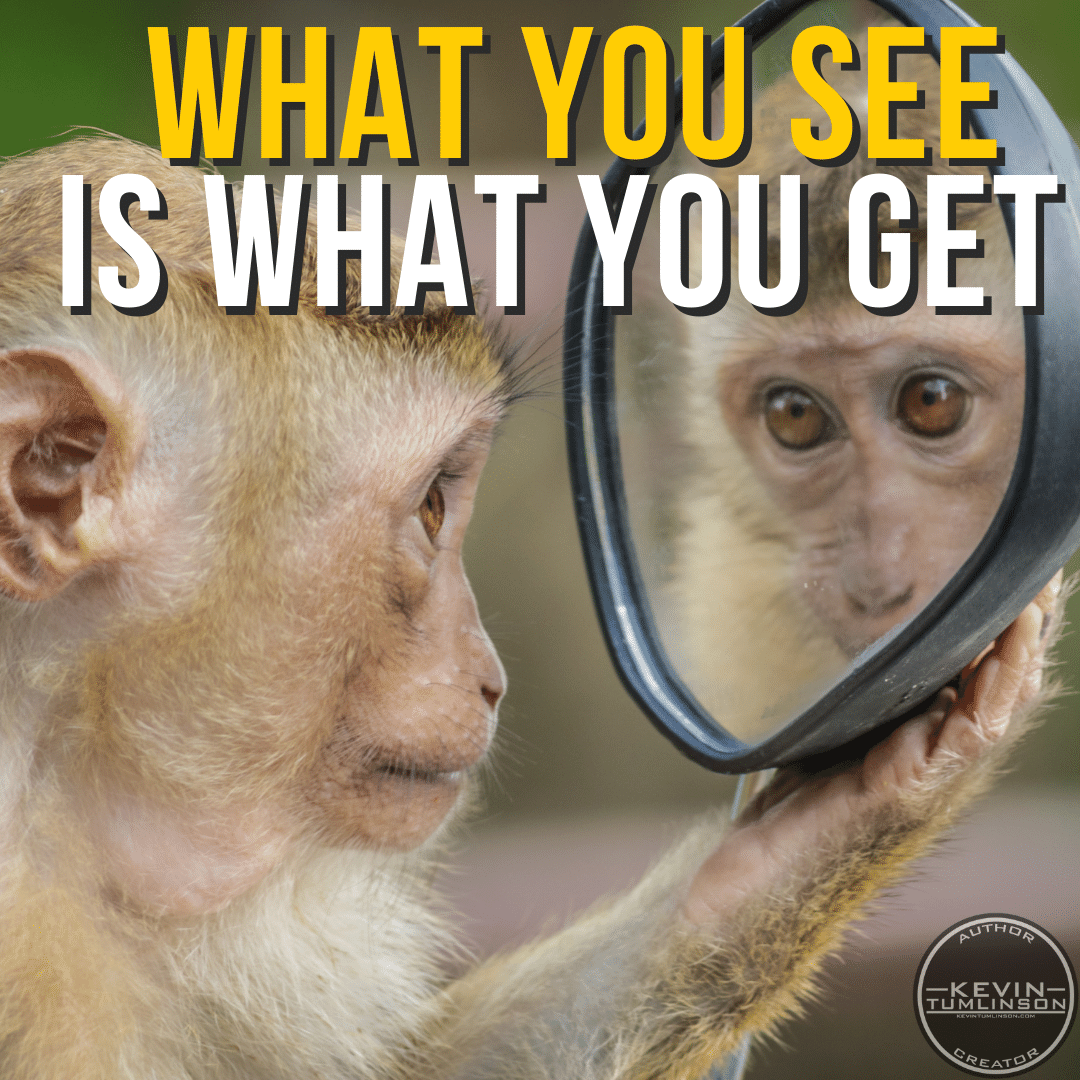










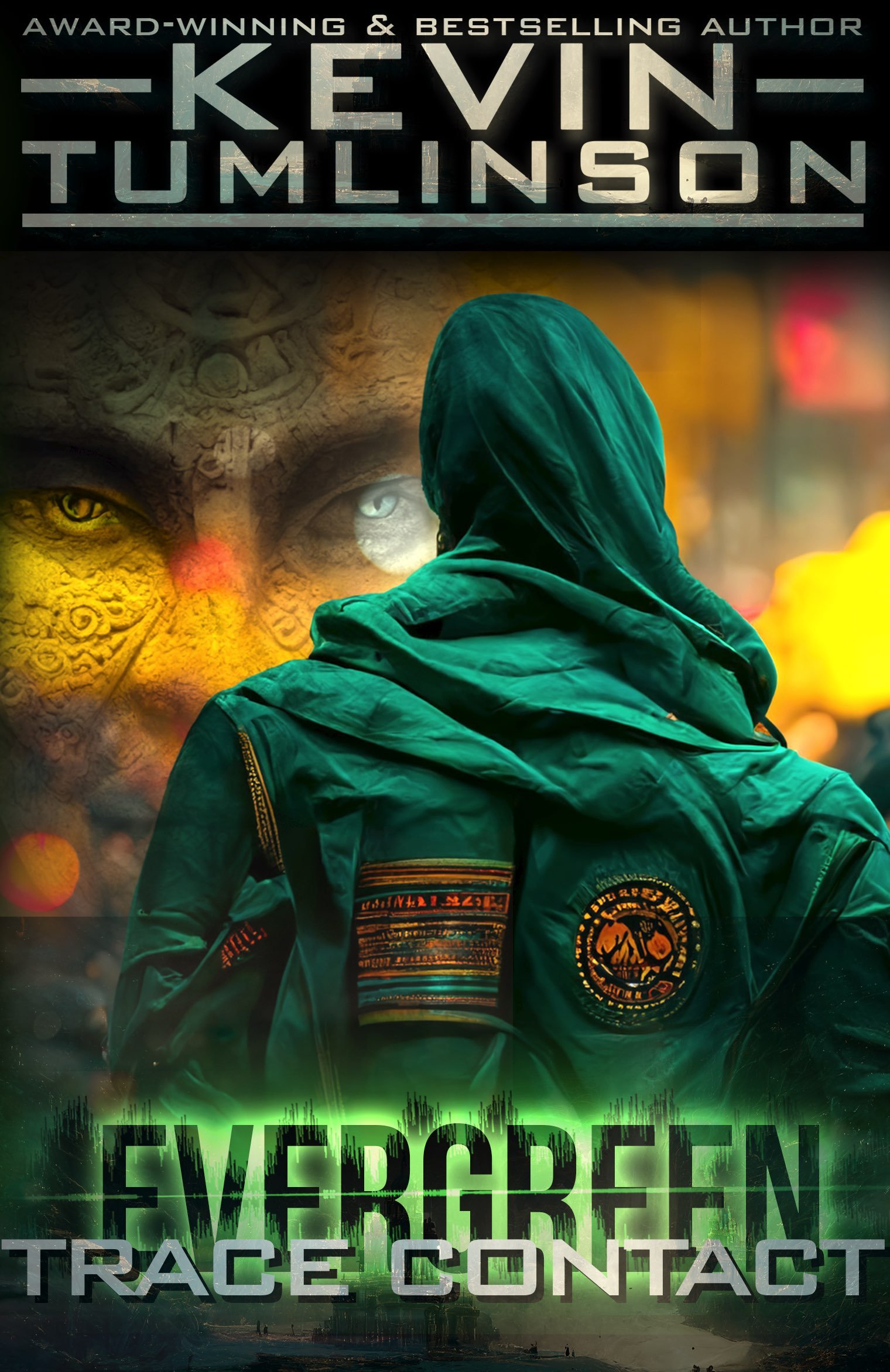
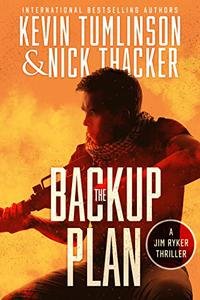
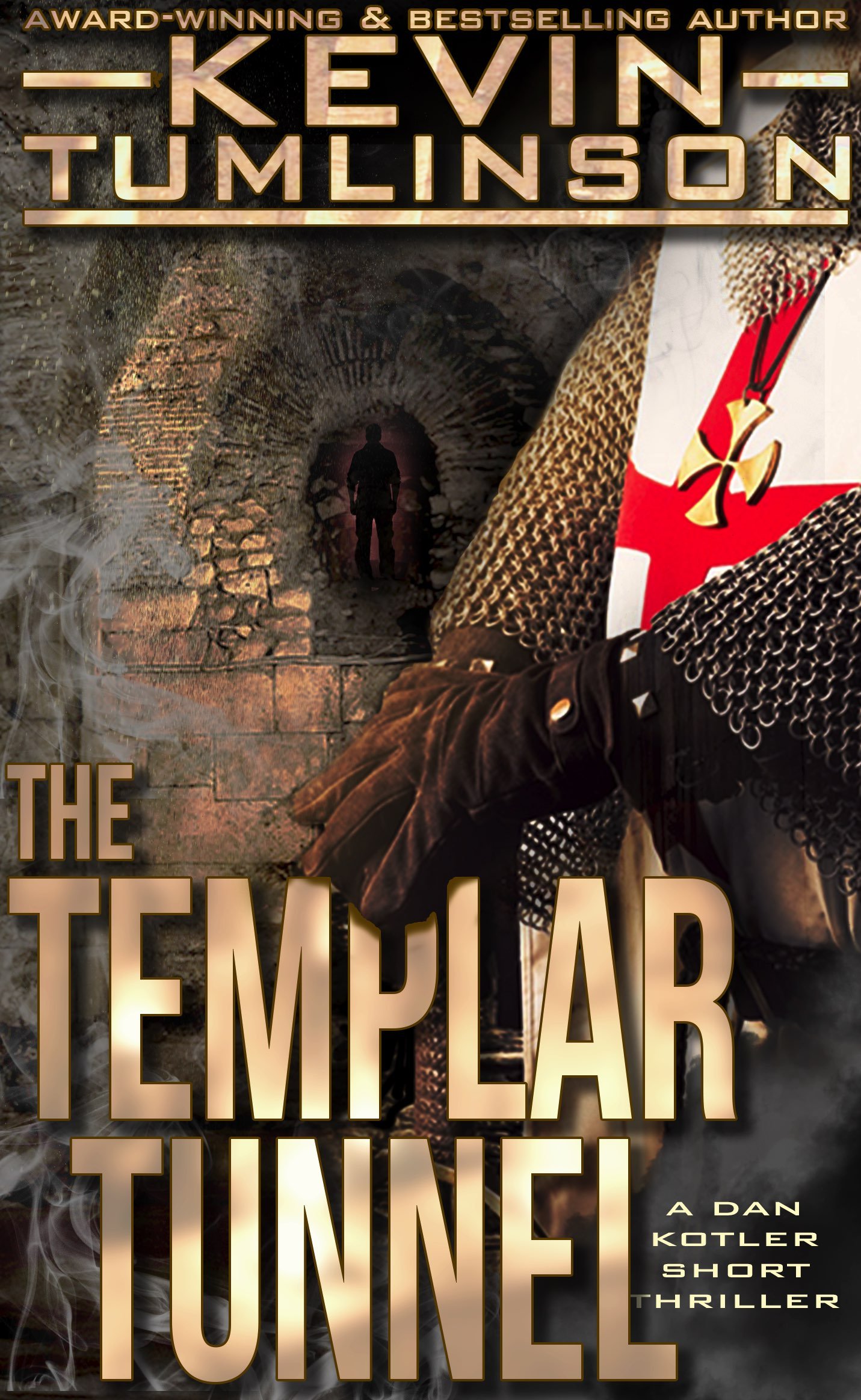
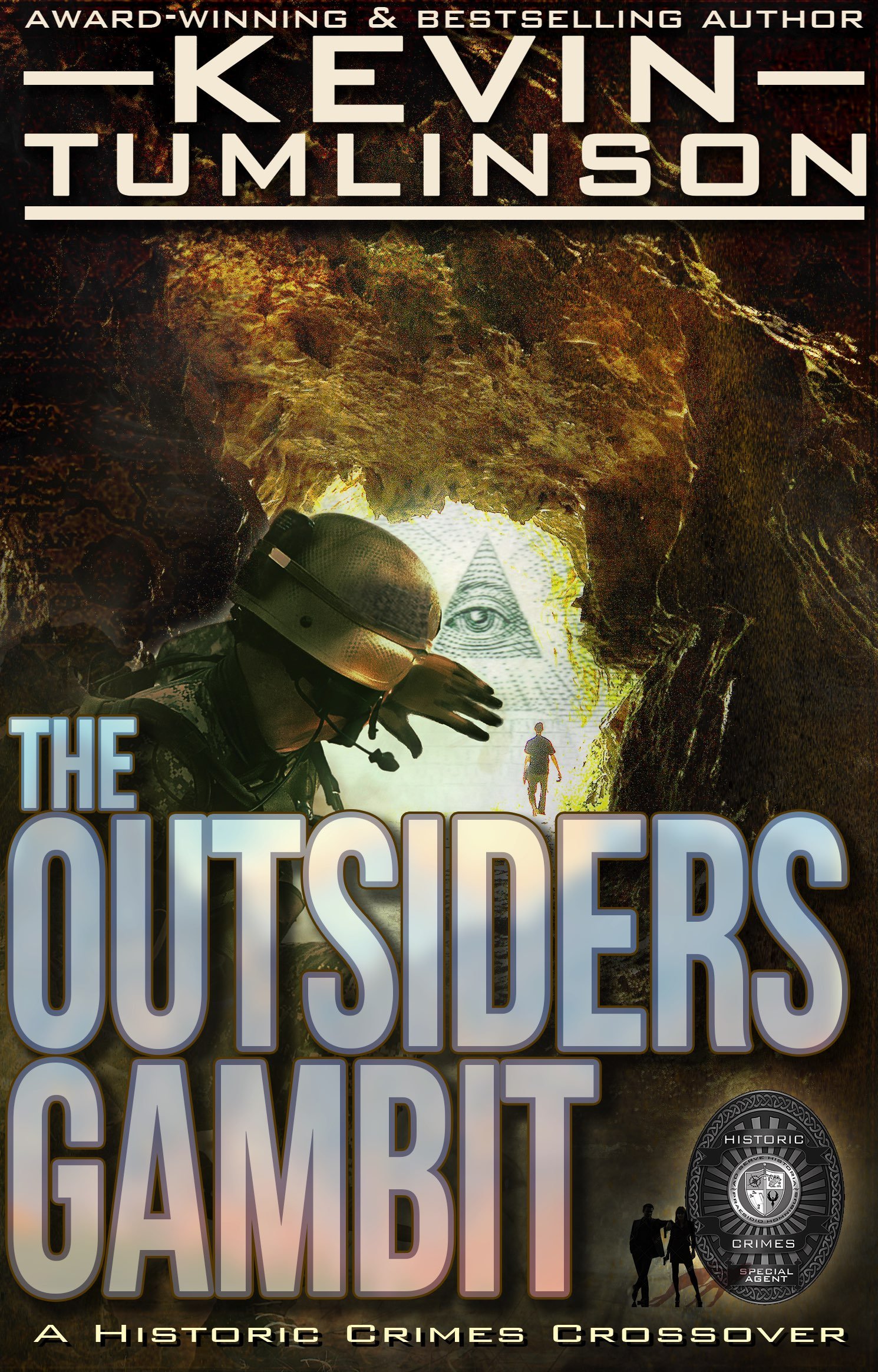
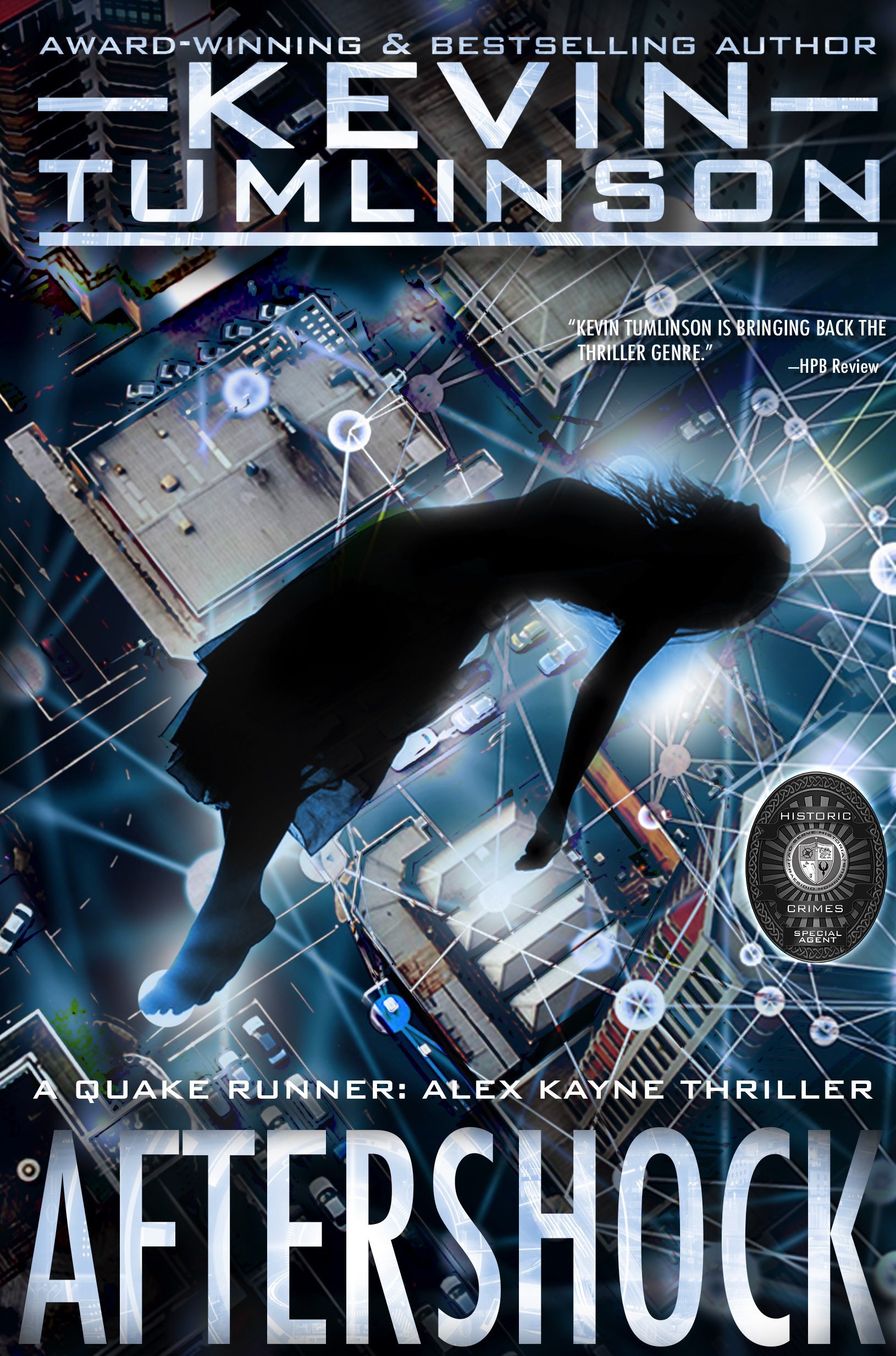
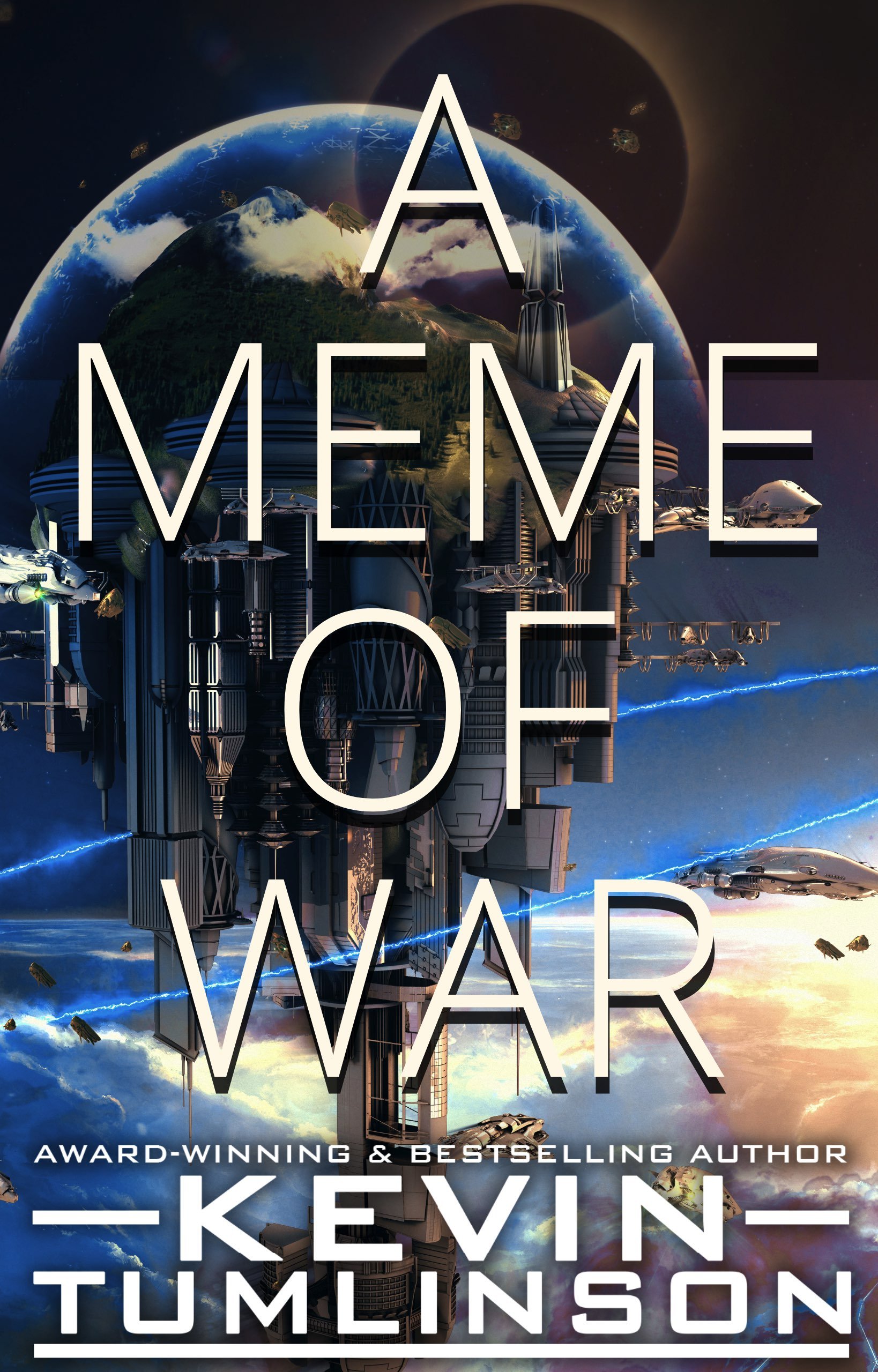
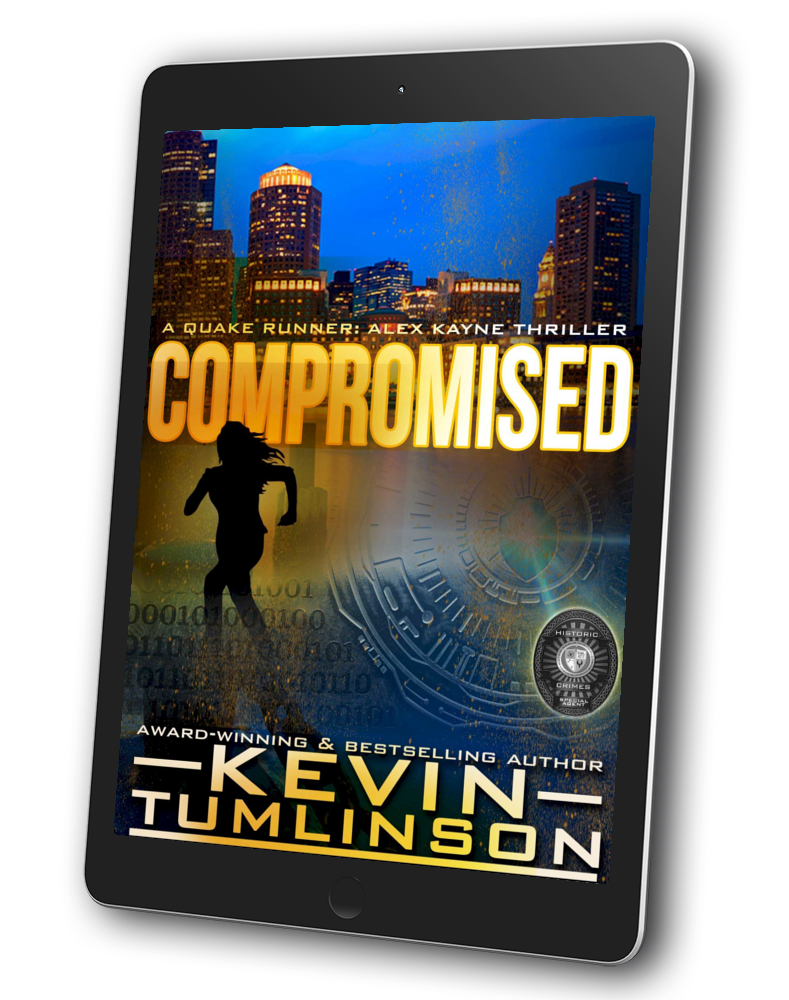
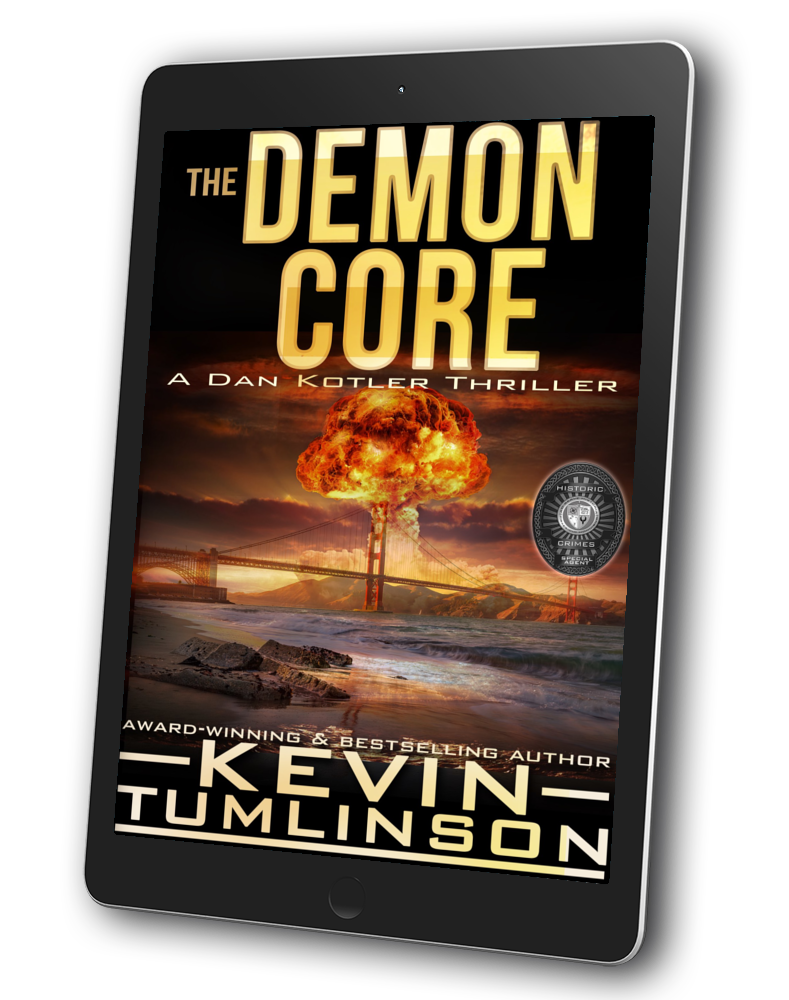
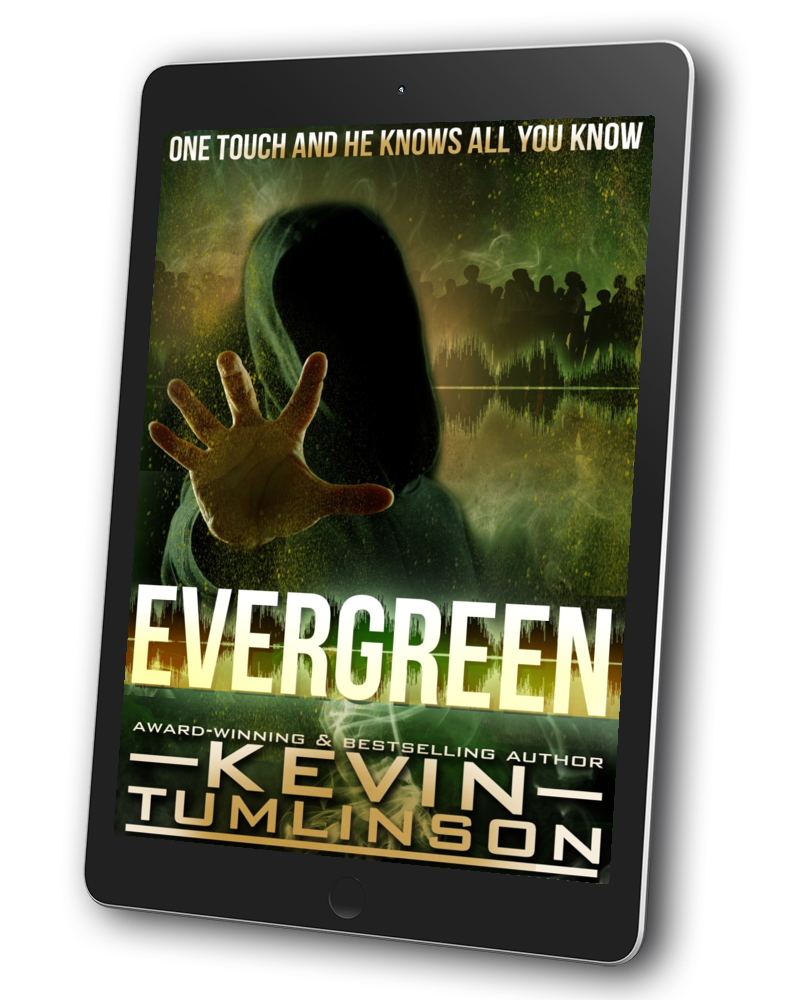
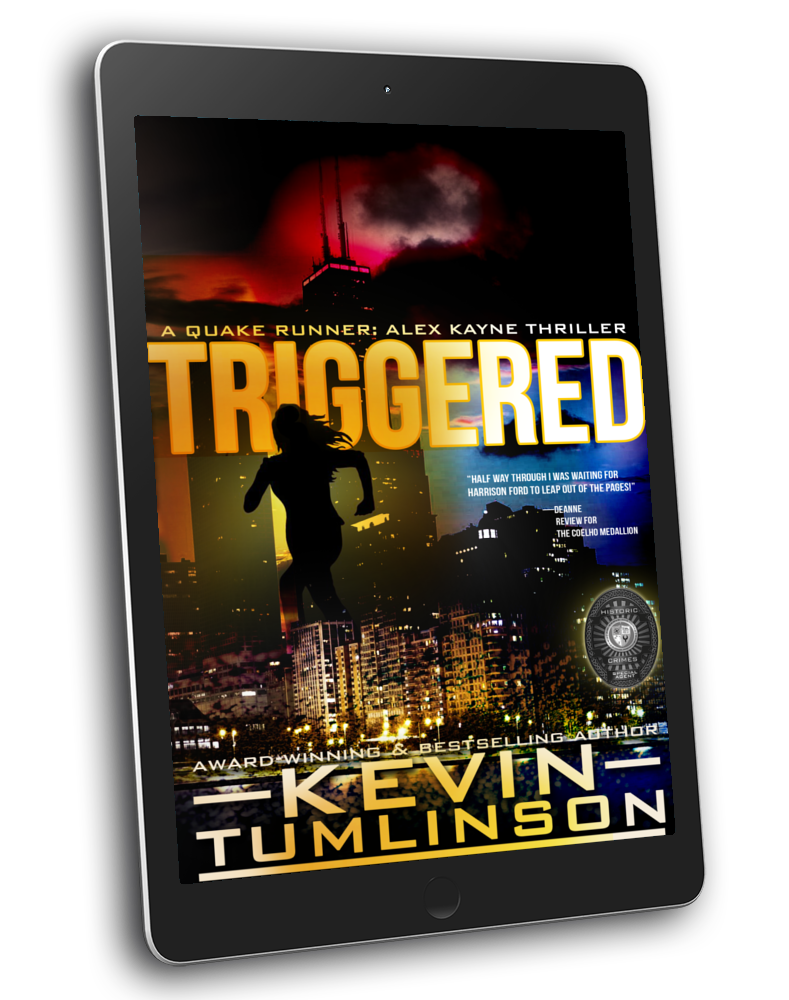
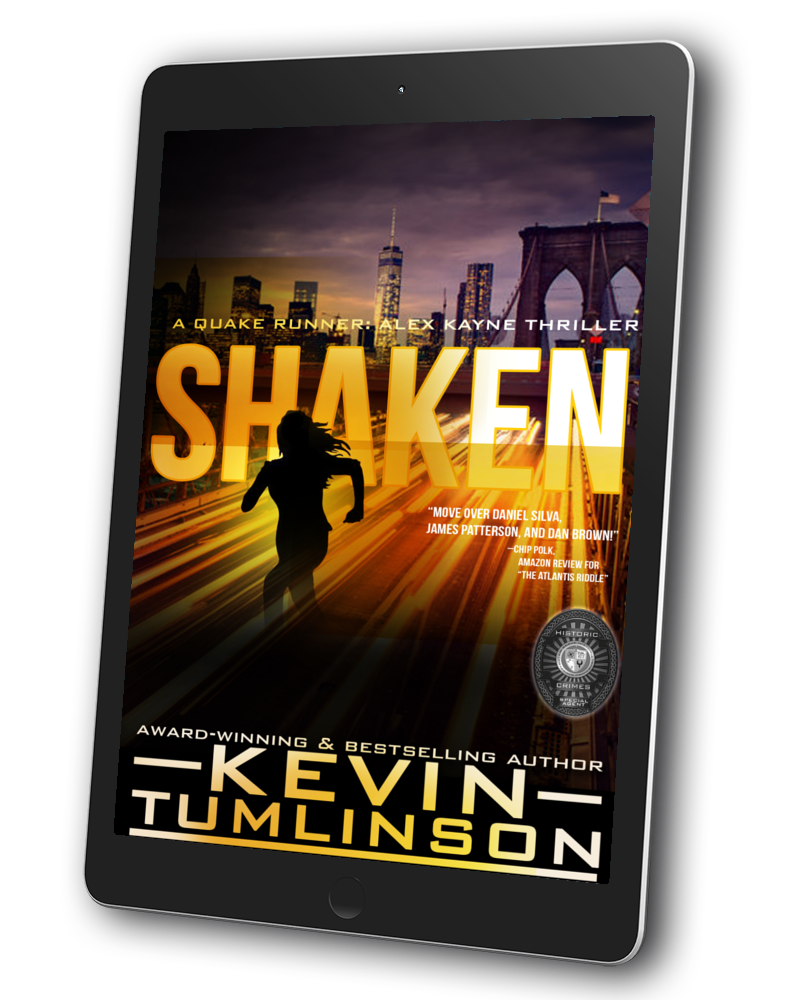
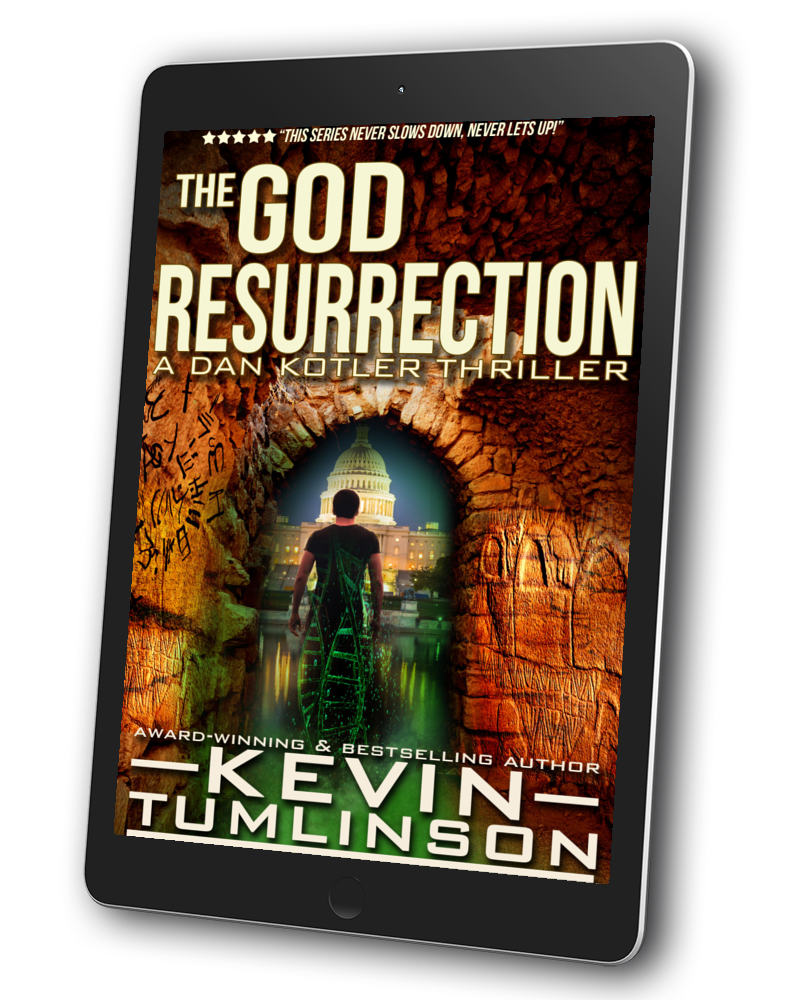
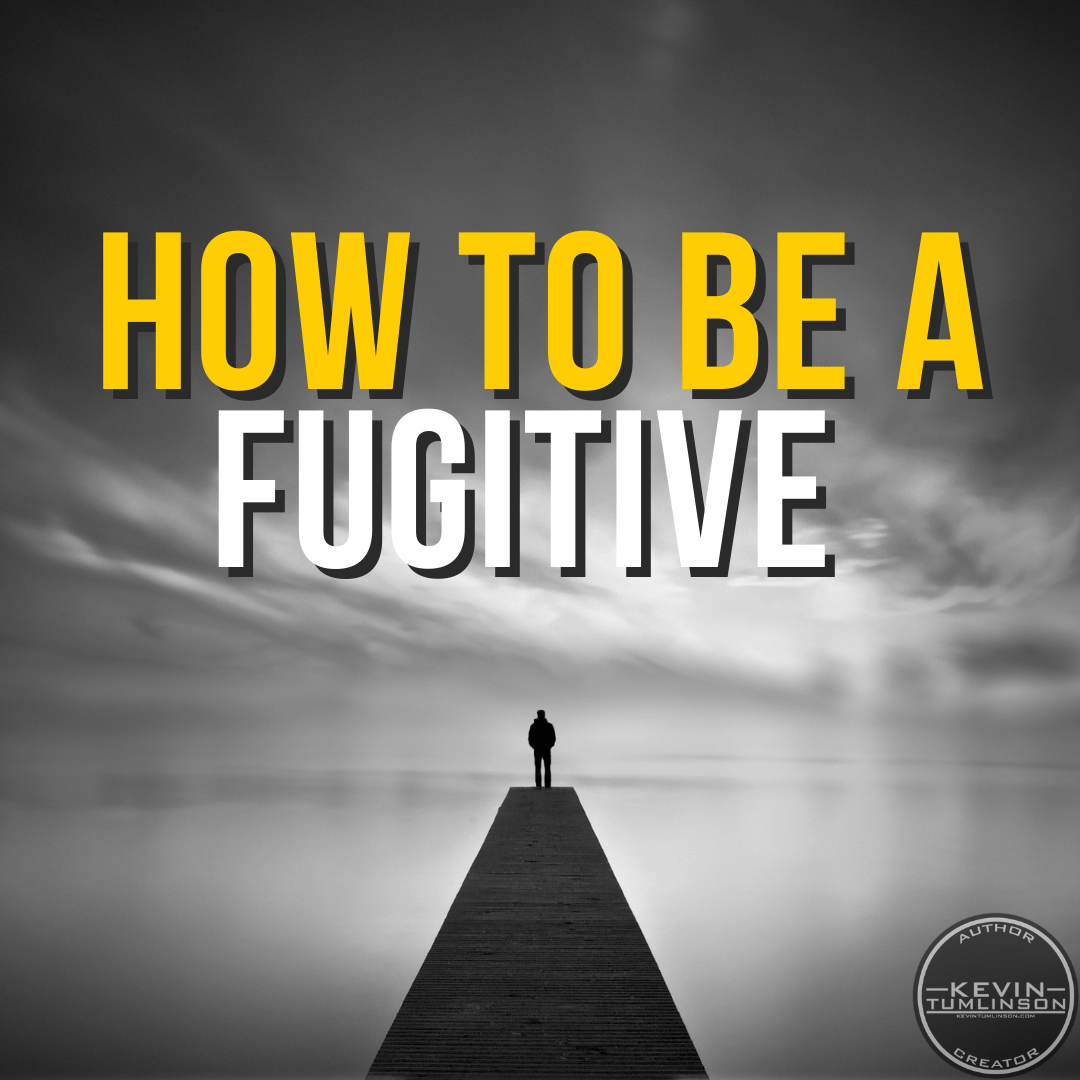



Dan Kotler is back, and this time he’s been recruited to help investigate a mysterious artifact that’s at the heart of a Senator’s disappearance. Engraved on the artifact is a lost Viking rune… but that’s impossible.
The artifact predates the Vikings by nearly ten-thousand years.
Now the artifact has been stolen, and whoever took it plans use it to unleash Hel on Earth. And only Dan Kotler can stop them!
Book 13 in the Dan Kotler Archaeological Thrillers!
>>CLICK HERE to Order The Forgotten Rune